Urological cancers are an important cause of cancers. In men, prostate cancer is the commonest cancer. Other urological cancers are bladder cancer, kidney cancer, testicular cancer and adrenal tumors. Prostate cancer can be diagnosed early by a combination of a physical examination and blood test (the PSA or prostate specific antigen). Kidney cancers are often identified early on imaging of the abdomen done for reasons such as a health screening. Bladder tumors herald themselves by bleeding in the urine. Most of these conditions can be treated effectively with excellent long term cure provided they are diagnosed in time.
Adrenal tumors
Adrenal tumors may present because of the hormones that they produce, or more commonly, they get identified incidentally on imaging done for some other reason (the so-called incidentallomas). There is no secure method of distinguishing a benign (non-cancerous) tumor from a cancer and the most widely accepted indication for surgery is an incidental mass that is more than 5cm in size. Functioning tumors (tumors that produce abnormal amounts of hormones) may require removal even if they are smaller. Adrenal tumors can be removed by conventional open surgery. More recently, adrenal tumors are being operated laparoscopically with much less morbidity and with rapid recovery and discharge from hospital.
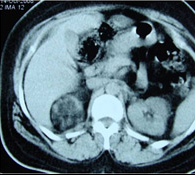

Bladder tumors
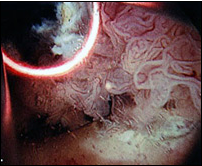
Bladder tumors are an important cause of blood in the urine (hematuria). They are more common in smokers. Most tumors are cancerous and are a form of transitional cell carcinoma. These cancers can be classified as invasive or non-invasive, depending on whether they have involved the bladder muscle layer. Tumors that are non-invasive are less likely to become life-threatening but may need careful followup since they have a strong tendency to recur. Tumors that invade muscle need more aggressive treatments such as bladder removal, radiation therapy with or without chemotherapy.
Dr KVR Prasad Sinha was a member of the Urological Society of India panel for the formulation of national guidelines for bladder tumors.
Prostate cancer
Prostate cancer is a common cancer in men. Early cancer may not cause any symptoms or the symptoms may be similar to those in a man with benign prostatic hypertrophy (BPH). Hence, the only way to diagnose this disease early is by getting an evaluation by a urologist. A physical examination and a blood test known as serum PSA or prostate specific antigen may indicate need for biopsy (examination of small bits of tissue). Biopsy does not need an operation and is carried out by the urologist under ultrasonographic guidance. Men with confirmed cancer may need surgery, radiation therapy or medication. Radical prostatectomy is done for men with early cancer prostate who are otherwise fit.
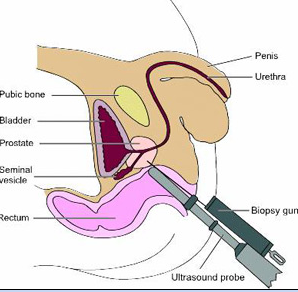
Kidney Cancer
Coming soon...!
Ureteric or Pelvic Cancer
Ureteric and renal pelvic tumors are an uncommon urological cancer. They are usually composed of transitional cell carcinoma (similar to the bladder) but the implications may be more serious. Such tumors need to be removed and the common surgery performed is a nephroureterectomy. This can be safely accomplished laparoscopically these days.
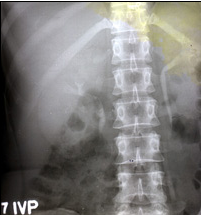
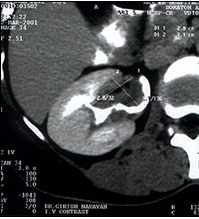
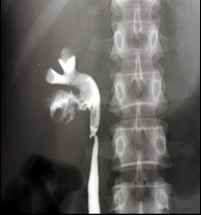
 Dr.K.V.R. PRASAD
Dr.K.V.R. PRASAD